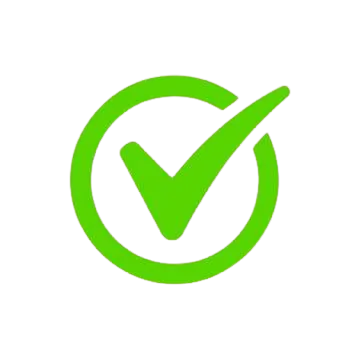Php Laravel Training
Best Seller 1955 Ratings (5.0)
1955 Ratings (5.0)
PHP Full Stack Training equips you with comprehensive skills in both front-end and back-end development, enabling you to create versatile and scalable web applications. This course covers essential concepts such as:
- Front-End Technologies: Learn the fundamentals of HTML, CSS, and JavaScript, and explore popular frameworks like Vue.js or React for developing interactive and user-friendly interfaces.
- Back-End Development: Delve into PHP programming, focusing on the Laravel framework to handle server-side logic, user authentication, and database interactions with ease.
- Database Management: Acquire skills in working with relational databases such as MySQL and explore Eloquent ORM for effective data management and querying in Laravel applications.
- Version Control: Master Git and GitHub for version control, facilitating collaboration and streamlined project management in development teams.
- Deployment and DevOps: Gain insights into deploying Laravel applications on cloud platforms like Heroku, AWS, or DigitalOcean, utilizing Docker for containerization and CI/CD pipelines for efficient development workflows.
- Responsive Design: Utilize frameworks like Bootstrap to create responsive web designs that provide an optimal user experience across different devices.
- Hands-On Projects: Engage in practical assignments and projects that reflect real-world challenges, enhancing your coding skills and problem-solving abilities.
At Yuva Sakthi Academy, we provide a thorough PHP Full Stack Training course designed to meet industry demands. Our knowledgeable instructors lead live training sessions, assign projects, and offer real-time feedback, ensuring you acquire valuable skills that are in high demand in the job market. Join us to establish a robust foundation in PHP Full Stack development and advance your career in the tech industry.
Have Queries? Ask our Experts



